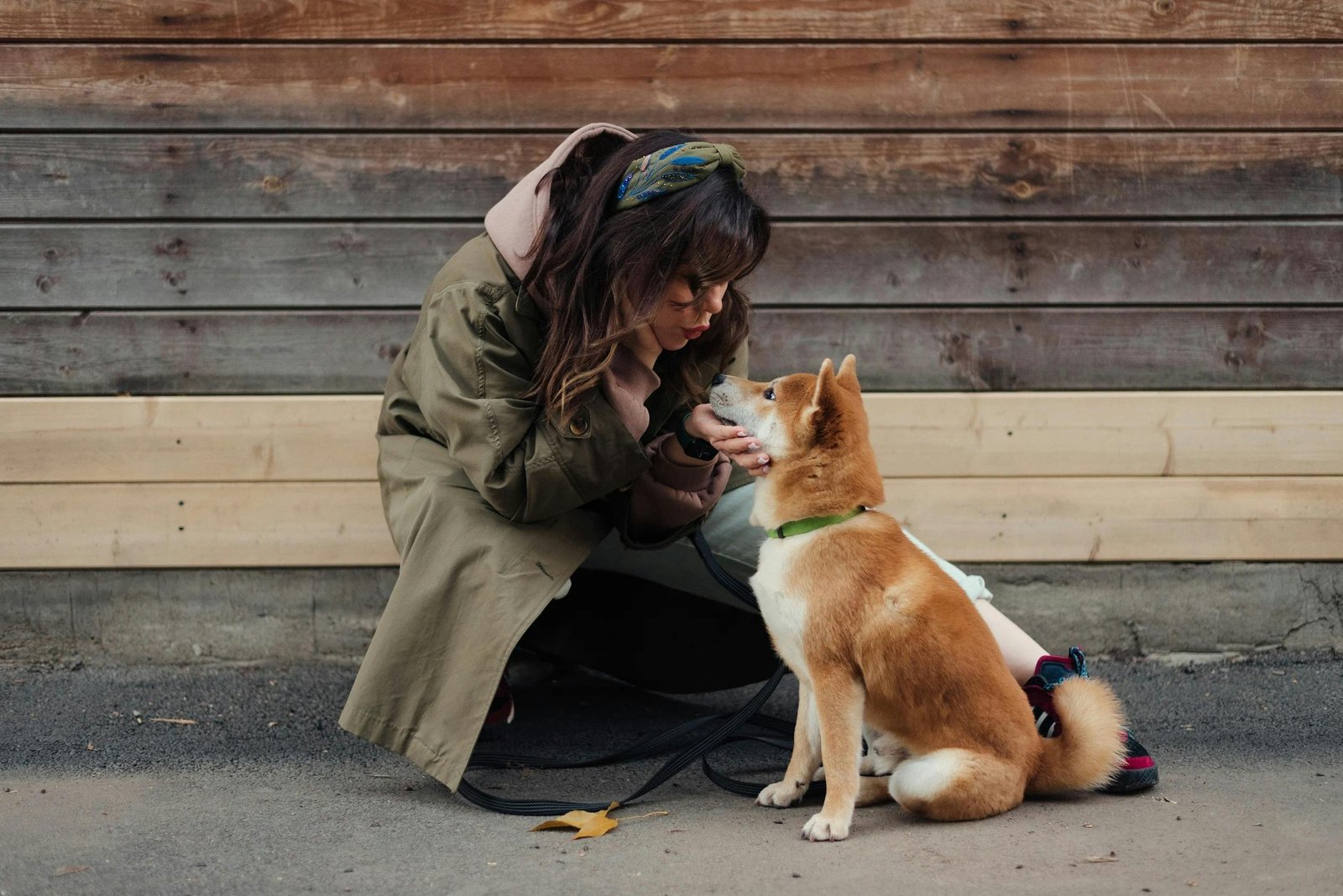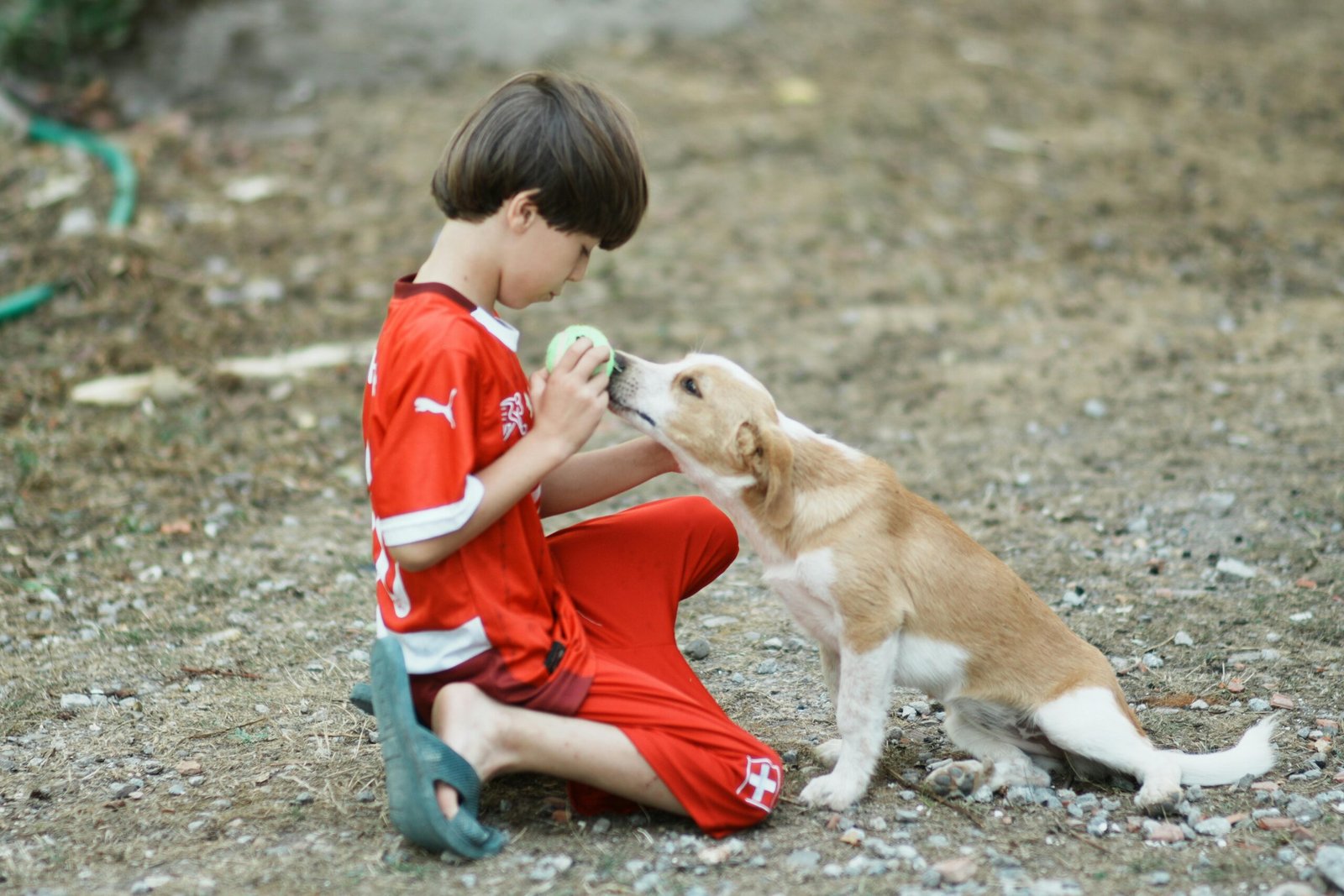Introduction
Picture this: your dog spots a squirrel, takes off running, and completely ignores your call. It’s a heart-stopping moment for any pet parent. Reliable recall—the ability for your dog to return when called—is one of the most important safety and obedience skills they can learn. But teaching recall that works even in busy parks, beaches, or off-leash trails takes patience, consistency, and smart training. In this guide, we’ll show you step-by-step how to build a strong recall that holds up no matter the distractions around you.
Why Recall Matters
A strong recall isn’t just about obedience—it’s about safety and freedom. Dogs who come when called can enjoy more off-leash adventures, avoid danger, and stay calm under pressure. It also reduces frustration for owners and helps prevent accidents like running into traffic or approaching unfriendly dogs.
Understanding Why Dogs Don’t Come When Called
When your dog ignores your call, it’s not because they’re being stubborn—it’s because something else is more rewarding. Dogs repeat behaviors that pay off. If chasing a bird or sniffing another dog is more exciting than your voice, they’ll choose that every time. The key is to make you the most rewarding option in any situation.
Step 1: Build a Positive Association
Your dog should think “coming to you = awesome things happen.” Never call them for something unpleasant like a bath or nail trim. Instead:
- Call your dog and immediately reward them with treats, praise, or play.
- Use high-value rewards—think chicken, cheese, or their favorite toy.
- Practice often in low-distraction environments first (indoors or your backyard).
Do this dozens of times a week until your dog races toward you every time they hear their recall word.
Step 2: Choose a Reliable Recall Word
Pick one clear word or phrase and use it consistently—examples include “come,” “here,” or “to me.” Avoid overusing it in casual situations. Some trainers use a special cue like “rocket!” or “now!” for emergency recalls only, paired with an irresistible reward every single time.
Step 3: Start in a Controlled Space
Begin indoors or in a fenced yard. Crouch down, use an upbeat tone, and say your recall cue once. The moment your dog starts moving toward you, praise enthusiastically and reward them when they arrive. Gradually increase distance and mild distractions.
Step 4: Add Fun to the Game
Dogs love enthusiasm. Turn recall practice into a game:
- Hide-and-Seek Recall: Hide behind furniture and call your dog to find you.
- Chase Me Game: Call your dog and run away a few steps—they’ll love the chase and reward at the end.
- Two-Person Ping-Pong: Take turns calling your dog back and forth between two people, rewarding each run.
Games create excitement and keep training from feeling repetitive.
Step 5: Introduce Real-World Distractions
Once your dog’s recall is strong indoors, it’s time to proof it outdoors. Move to slightly busier environments like your front yard or a quiet park. Keep your dog on a long line (20–30 feet) so you have control if they get distracted. Gradually increase distractions—like other dogs, people, or smells—while keeping the experience positive.
Remember: don’t call your dog if you think they won’t come. Instead, move closer, reset the situation, and reward success.
Step 6: Use a Long Line for Freedom & Safety
Long lines bridge the gap between on-leash and off-leash freedom. They let your dog explore while you maintain control. Practice recalls at increasing distances, rewarding generously when they respond quickly. Over time, you’ll phase out the long line as reliability grows.
Step 7: Generalize the Behavior
Dogs don’t automatically know that “come” means the same thing everywhere. You must teach recall in various locations, times of day, and conditions:
- Practice in different parks, on hikes, and around other dogs.
- Use different types of rewards—sometimes treats, sometimes toys or praise.
- Reinforce with random jackpots (multiple treats) for fast responses to keep them motivated.
Step 8: Reinforce for Life
Recall is a lifelong skill, not a one-time trick. Continue rewarding your dog for coming, even after years of training. Periodic refreshers keep the behavior sharp and reliable. Always make it worthwhile to come when called!
Common Recall Mistakes
- Calling when angry: Dogs can sense frustration and may avoid you.
- Repeating the cue: Saying “come” over and over teaches your dog to ignore it.
- Calling for punishment: Never associate “come” with negative outcomes like scolding or ending playtime.
- Ignoring small wins: Always reward—even if it takes a few seconds longer than you hoped.
Emergency Recall: The Lifesaver Cue
An emergency recall word is your “panic button.” It’s reserved for moments when you need instant response—like if your dog runs toward traffic. To train it:
- Choose a unique cue word like “NOW!” or “TREAT PARTY!”
- Say the cue once and immediately deliver an amazing reward—think chicken, peanut butter, or a handful of treats.
- Repeat a few times a week but never use it casually.
Because this cue always predicts something fantastic, your dog will respond reflexively—even under stress.
Tips for Tough Environments
- Train before adding distractions; don’t start at a busy park.
- Keep your voice upbeat and avoid chasing—running away is often more effective.
- Practice short, successful sessions instead of long, frustrating ones.
- Use your environment as part of the reward—call your dog, then release them back to play after coming.
Breed and Personality Differences
Some dogs are naturally more independent or prey-driven (like hounds and herding breeds). For these dogs, recall takes longer but is absolutely achievable with consistency and creative rewards. Use variety—squeaky toys, tug games, or high-value treats—to keep them engaged.
Conclusion
A reliable recall can literally save your dog’s life—and it’s achievable with the right mindset and method. Focus on building trust, keeping it positive, and making yourself the most rewarding thing in your dog’s world. With patience and practice, your pup will come running back to you every time, no matter what distractions the world throws their way.



